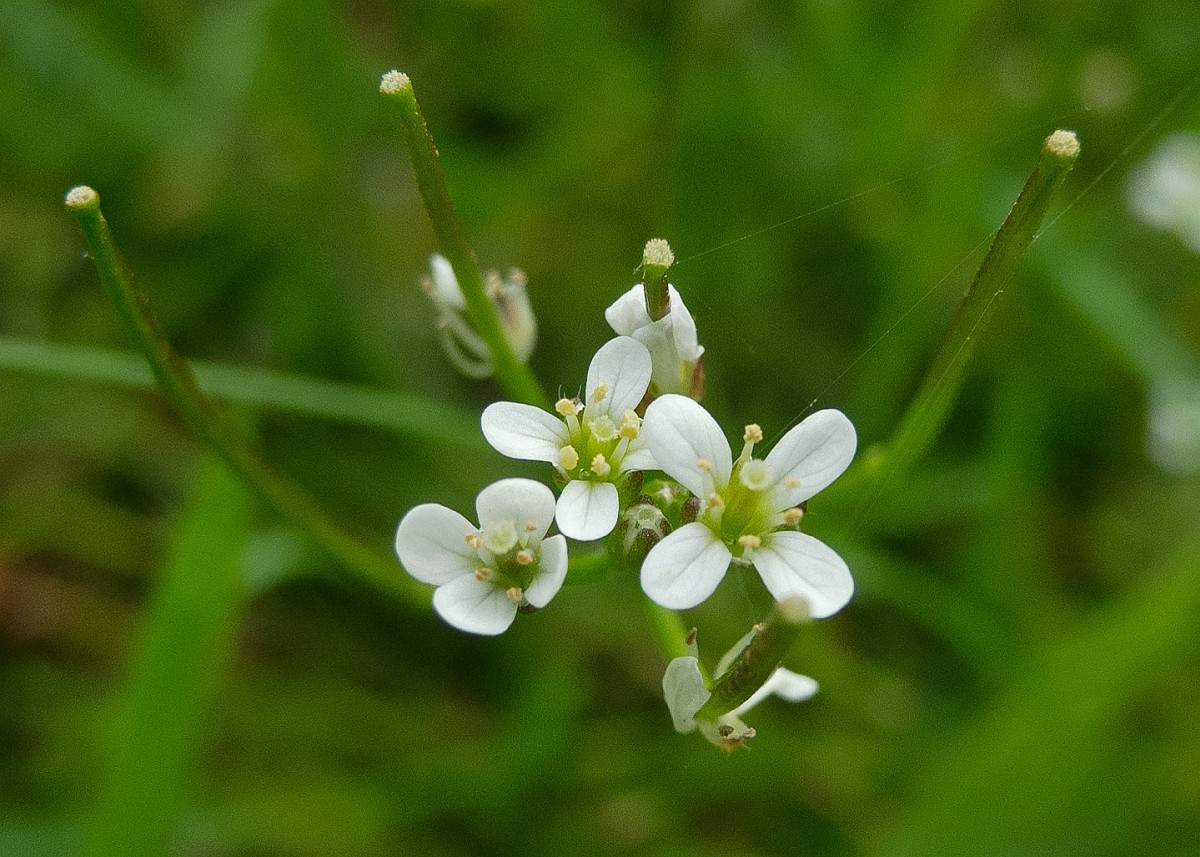Pricing | Resources | FAQs | Testimonials
Proven Value for Plant Biologists

Pricing
Depositing data into TAIR is absolutely free, as is accessing basic content. Subscribe to TAIR to access curated content or to use TAIR’s data visualization and analysis tools (see pricing table below). Whether you are conducting Arabidopsis research or need complete, current and reliable genome reference for other plant species, TAIR has the best data available.
Resources

FAQs
Testimonials
“The world’s most valued plant database”
“TAIR saved me three months of map-based cloning work due to its morphological phenotype database.”
“The huge datasets provided by TAIR really help us doing bioinformatics analysis of small RNAs in Arabidopsis.”
“TAIR is *the* resource for plant scientists like me involved in both experimental and computational work…. Rarely does a day go by when I don’t use TAIR. It is a clear model for web resource for other plants.”
“TAIR has been a critical tool in every project and stage of my scientific development; from grad student to post-doc to PI. The TAIR resource is invaluable not only in Arabidopsis systems, but as an annotation and comparative tool in plant biology. I highly recommend TAIR.”
